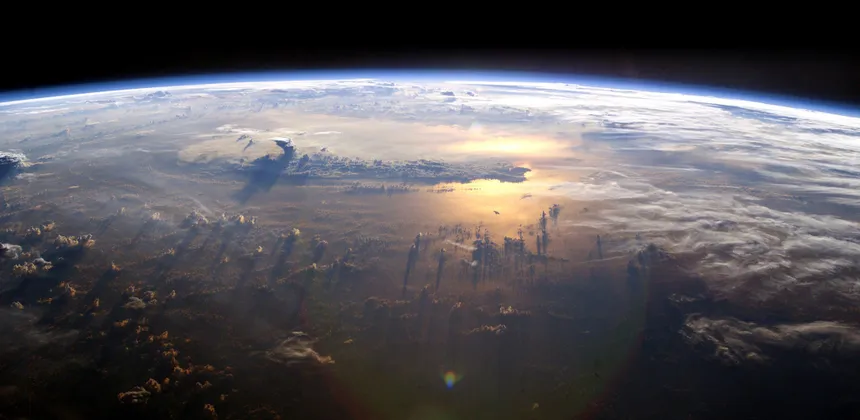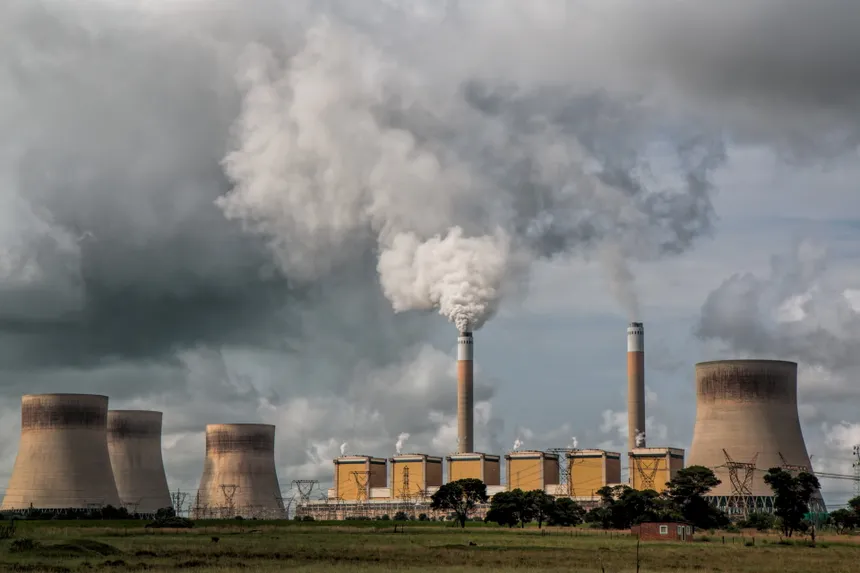Humanity is sleepwalking towards a devastating future, where natural ecosystems are ravaged, and the consequences of inaction become a harsh reality. By the middle of this century, if we don’t heed warnings from leading scientists and conservationists, we can expect catastrophic consequences. The loss of biodiversity, the collapse of food supplies, and the disappearance of unique terrains and cultures will be just the beginning.
The stakes are high, yet the pushback is strong. As humanity approaches the peak of its population, the pressures on the planet’s natural resources will intensify. Soil health will deteriorate, forests will shrink, and freshwater sources will become scarcer. The consequences of climate change, plastic pollution, and destructive land-use practices will be felt across the globe.
Alexandre Antonelli, director of science at the Royal Botanic Gardens, Kew, lamented the relentless destruction of natural ecosystems in his home country of Brazil. “The drivers of biodiversity loss are real, and there for anyone to see. Science provides powerful solutions, but time is running out.”
To mitigate the impending catastrophe, experts recommend a radical shift in how we live and work together. We must restore nature, adopt sustainable farming practices, reduce meat consumption, and cut fossil fuel use. Governments must take decisive action, as they have failed to meet self-imposed targets on nature loss.

The consequences of inaction will be severe. Invasive species will continue to spread, outcompeting native flora and fauna, while climate change will ravage ecosystems. The planet’s most vulnerable inhabitants will face the brunt of these devastating consequences.
“We have reached a critical moment in human history,” said Unai Pascual, from the Basque Centre for Climate Change. “More than two-thirds of the projected population of 10 billion people will live in cities by 2050. If we do not act effectively now to protect and enhance urban biodiversity, we will likely see more severe human suffering, especially by the world’s most vulnerable urban inhabitants.”
The window for change is rapidly closing. It is essential that we prioritize the health of our planet and the well-being of its inhabitants. As Susan Chomba, director of vital terrains for Africa at the World Resources Institute, reminded us, “Hope lies in the 33 million smallholder farmers who produce over 70% of the food for the continent and export. From Niger to Kenya, these farmers are making major leaps, restoring degraded land into productive farms that grow healthy foods that are rich in biodiversity and are major carbon sinks.”
Let us not wait until it’s too late. We must act now to ensure a livable future for ourselves and future generations.

